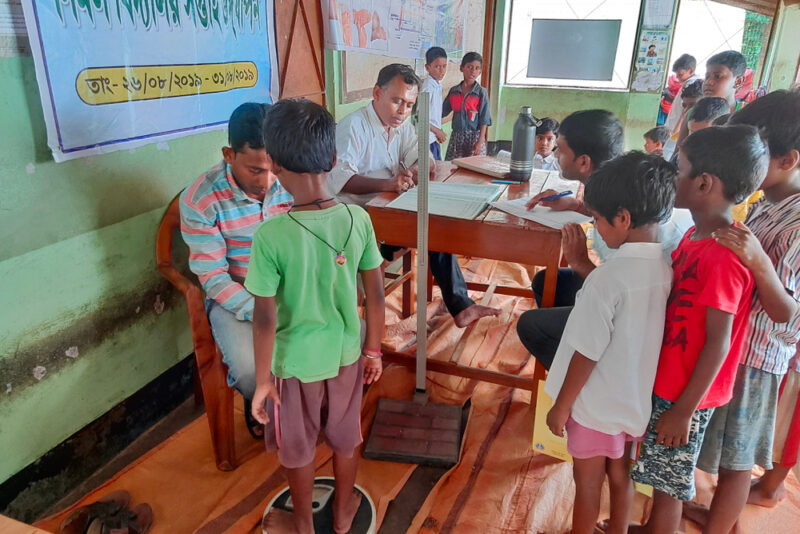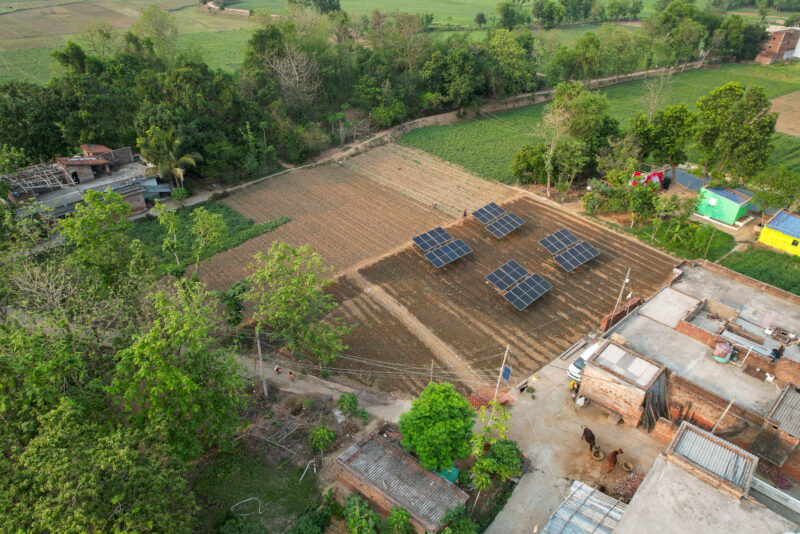TCI Director Talks Climate Change and Food Systems

In an interview with The Times of India, Prabhu Pingali, founding director of the Tata-Cornell Institute for Agriculture and Nutrition (TCI) at Cornell University, explained that while climate change poses a serious threat to India’s food system, timely adaptations can mitigate the worst of its effects.
Asked about the vulnerability of India’s food system to the effects of climate change, Pingali said that rising temperatures and more frequent extreme weather events will negatively affect agricultural productivity, particularly across the Indo-Gangetic plain, which provides much of the country’s rice and wheat. The production of more nutritious foods, like fruits and vegetables, will also be disrupted. “From a nutritional point of view, climate change has huge impacts,” he said.
Pingali stressed that India can avoid worst-case scenarios by adapting its food systems to the changing climate. For example, cropping systems in the Indo-Gangetic plain could be adjusted to grow more resilient crops, like millets. Investing in new technologies and management practices is also key, along with adapting smart-farming practices that maximize efficiency in the use of water and chemical inputs.
Pingali also noted the role that consumers play in shaping the food system by seeking foods that have minimal impacts on the environment.
“The more consumers seek resilient foods, the more they can help to establish timely measures that can most efficiently manage the impacts of climate change,” he said.
Read the full interview on TimesOfIndia.com: ‘Climate change will impact food production — consumers can help establish timely adaptations’
Feature image: Prabhu Pingali. (Photo by TCI)





